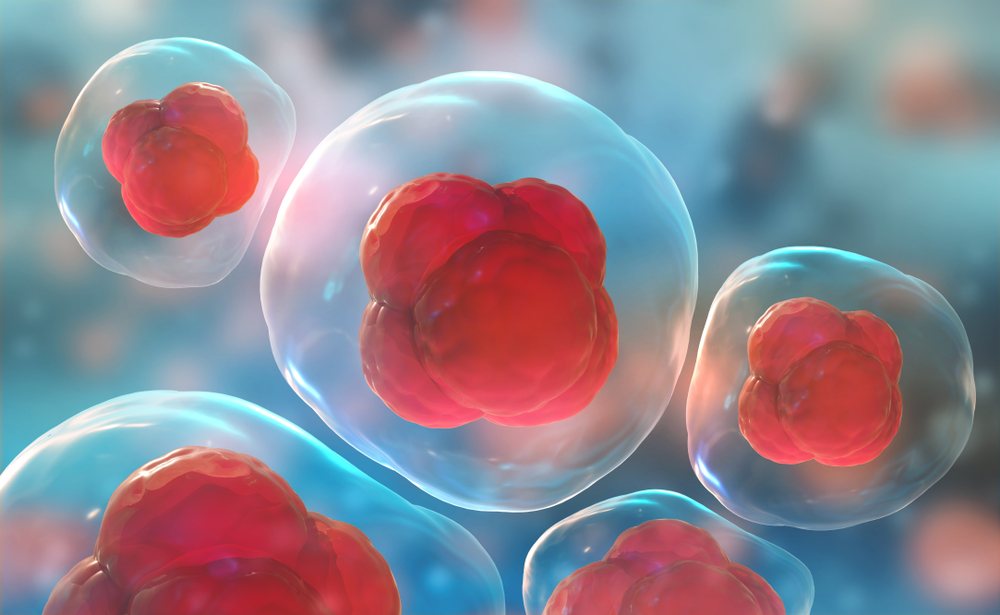UK-based cell therapeutics development company, ReNeuron Group (RENE) announced on Wednesday that data relating to its CTX stem cell platform will be presented today at the 27th Annual Congress of the European Society of Gene and Cell Therapy.
This new data follows the re-programming to a “pluripotent state” -- this means CTX can be successfully transformed into an embryonic stem cell-like state enabling differentiation into any cell type.
In essence, this grants the ability to take neural stem cells back to stem cells that are able to develop into any other type of stem cells, the company explained.
Today, Principal Investigator, Dr Steve Pells, will showcase this ability through the group’s latest data for the first time.
He will show how CTX-iPSCs (induced pluripotent stem cells) can be differentiated along different types of stem cells including bone, nerve, muscle and skin, as well as differentiation along different cell lineages to generate such as mesenchymal stem cell lines.
Shares in ReNeuron Group jumped over 8% following this morning’s news.
ReNeuron is currently exploring the potential to develop further new allogeneic cell lines as potential therapeutic agents in diseases of unmet medical need for subsequent licensing to third parties.
The results are therefore promising since they support the theory that CTX could be used to produce these new lines.
Commenting on the data, Dr Randolph Corteling, Head of Research at ReNeuron, reiterated this potential, stating:
"The data we are presenting at the ESGCT Annual Congress represent a significant advance in the use of cell reprogramming to generate new allogeneic cell lines as potential therapeutic candidates.”
He added, “Importantly, the maintenance of the immortalisation technology within these new cell lines may allow for the scaled production of 'off the shelf' allogeneic stem cells, such as haematopoietic stem cells as a potential alternative approach to those cancer immunotherapies currently in development that rely on the use of the patient's own T-cells."
Follow News & Updates from RENE here:

